In Focus: The scandalous child of Empire, the murderous photographer and the woman who fatally brought them together
Eadweard Muybridge was not only the pioneering photographer of motion, but also a murderer. Jason Goodwin relishes this tale of the dashing rogue and adventurer who became his victim.
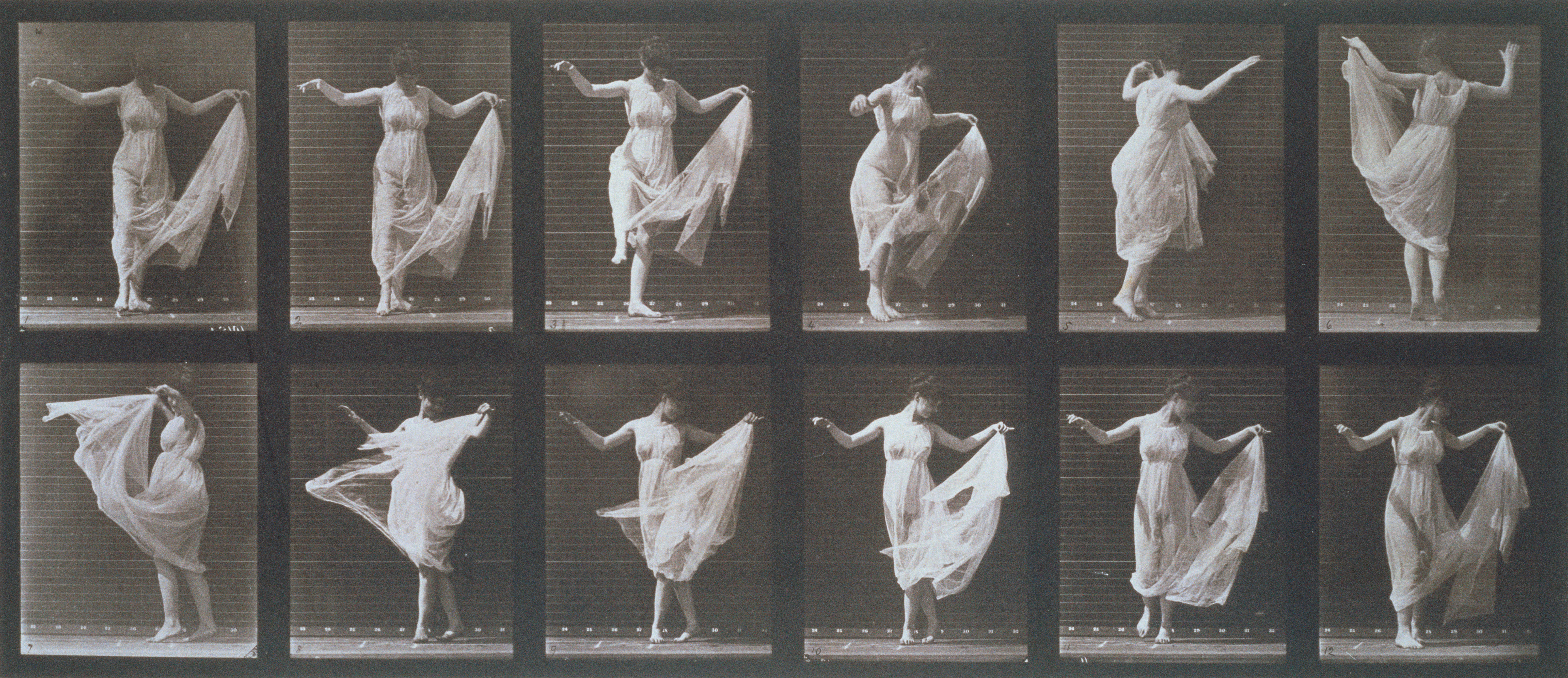
On October 17, 1874, a man was shot dead at point-blank range in a rooming house at the Yellow Jacket Mine near Calistoga, in northern California. A jury later acquitted the killer, Eadweard Muybridge, on the grounds that the victim had been conducting an affair with Muybridge’s wife, Flora. Muybridge went back to his career in photography and produced a series of studies that, for the first time, explained the way people and animals actually moved. He revealed, for instance, that a trotting horse lifted all four feet from the ground at once, which had been a matter of debate. Artists had depicted horses galloping with back and front legs extended; Muybridge showed the legs gathered instead under the horse’s belly.
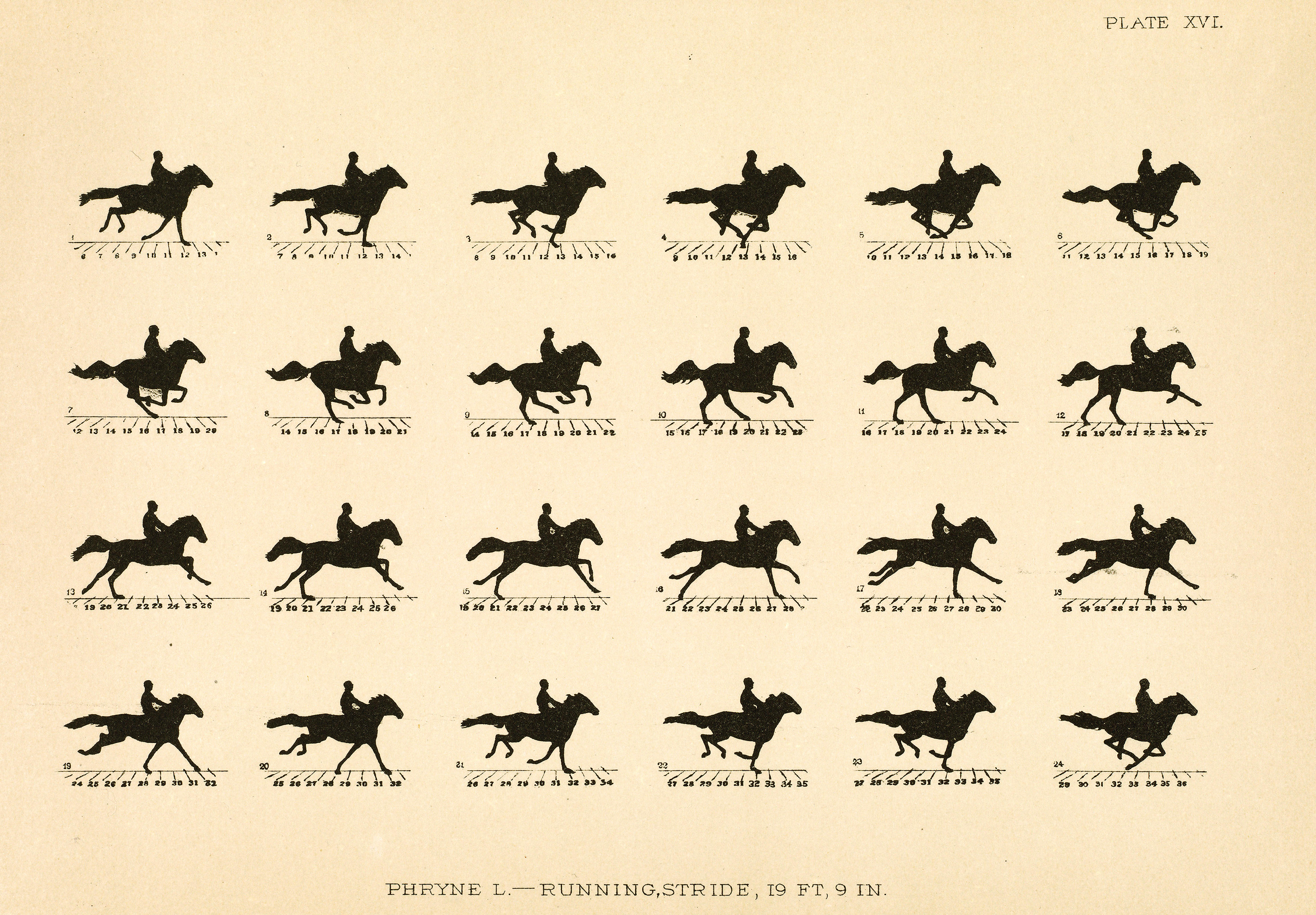
His young victim remained a sorry footnote to Muybridge’s story. In The Scoundrel Harry Larkyns, Rebecca Gowers, his distant relative, takes Larkyns’s brief trajectory through this world and slows it down, frame by frame, like a Muybridge study.
Larkyns’s life gives the lie to anyone who thinks Victorians were tame, stay-at-home or stuffy. There was nothing sedentary or predictable about this child of Empire, born in India in 1843 into a family of East India Company men, ship owners and captains, civil servants, lawyers and soldiers.
'He wrote millions of words for a San Francisco newspaper, and he fell fatally in love with a married woman'
At the age of three, Harry was sent to England, with his sister. Mrs Larkins (Harry substituted the y) stayed in India and inflicted senseless wounds on her children from a comfortable distance. Letters travelled back and forth so slowly that her reproaches and reprimands were six months out of date, raking up long-forgotten trespasses. Meanwhile, she indulged in tender references to the children she had kept with her, including little Georgie, 10 years younger than Harry. It’s hard to guess how much Harry enjoyed hearing about Georgie’s jolly mischief, faithful servants and his naughty little dog, not to mention his easy way with his father, when he was exiled from them all at an English school.
After 1857, there were no more letters. Harry’s parents were stationed at Cawnpore and when the Indian Mutiny broke out, the garrison was destroyed under siege, bombarded, and tricked into the open by an offer of safe conduct. One hundred or so women and small children survived the initial massacre, to be butchered in their turn as an avenging army approached. No more Georgie, no Mrs Larkins.
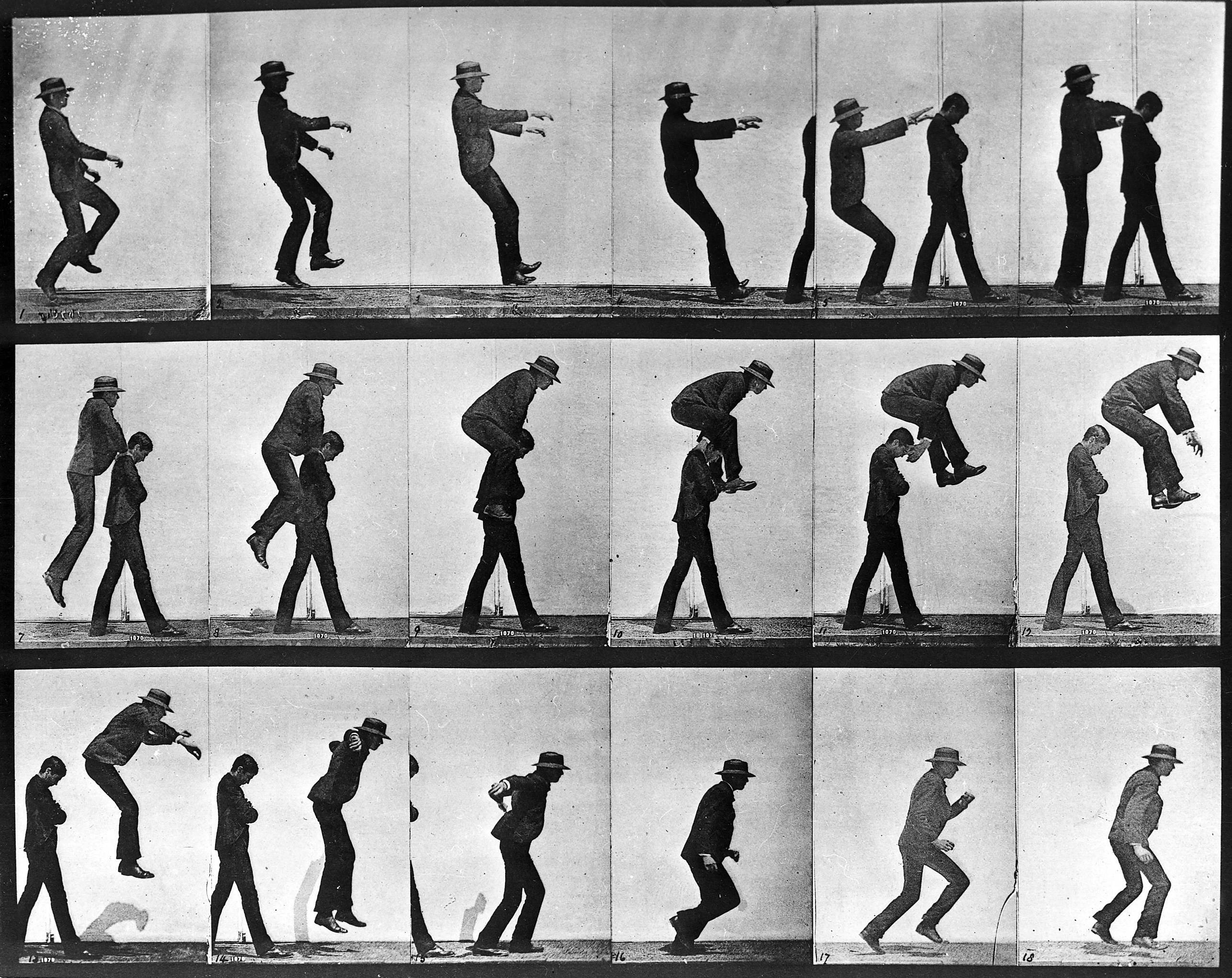
The fantastical twists and turns in Larkyns’s later life are brilliantly, and coolly, recovered by the author, who also draws on analogous experiences of, say, The Brontë sisters in a Brussels school, Walter Dickens in the Indian Army or R. L. Stevenson on the emigrant trail. Larkyns travelled across the globe. He saw active service in the Punjab. He staked a claim during the Gold Rush. He was charming, clever and lived in Paris like a milord, befriended ‘tous les lions du high life’, frequented the theatre, rooked jewellers and horse-dealers, used pawnbrokers to raise funds on jewels he could not pay for, and ended up in Mazas, a grim isolation prison. Once, he fought with a French guerrilla unit against the Prussians and won the Légion d’Honneur.
He wrote millions of words for a San Francisco newspaper. And he fell fatally in love with a married woman, Flora Muybridge.
Sign up for the Country Life Newsletter
Exquisite houses, the beauty of Nature, and how to get the most from your life, straight to your inbox.
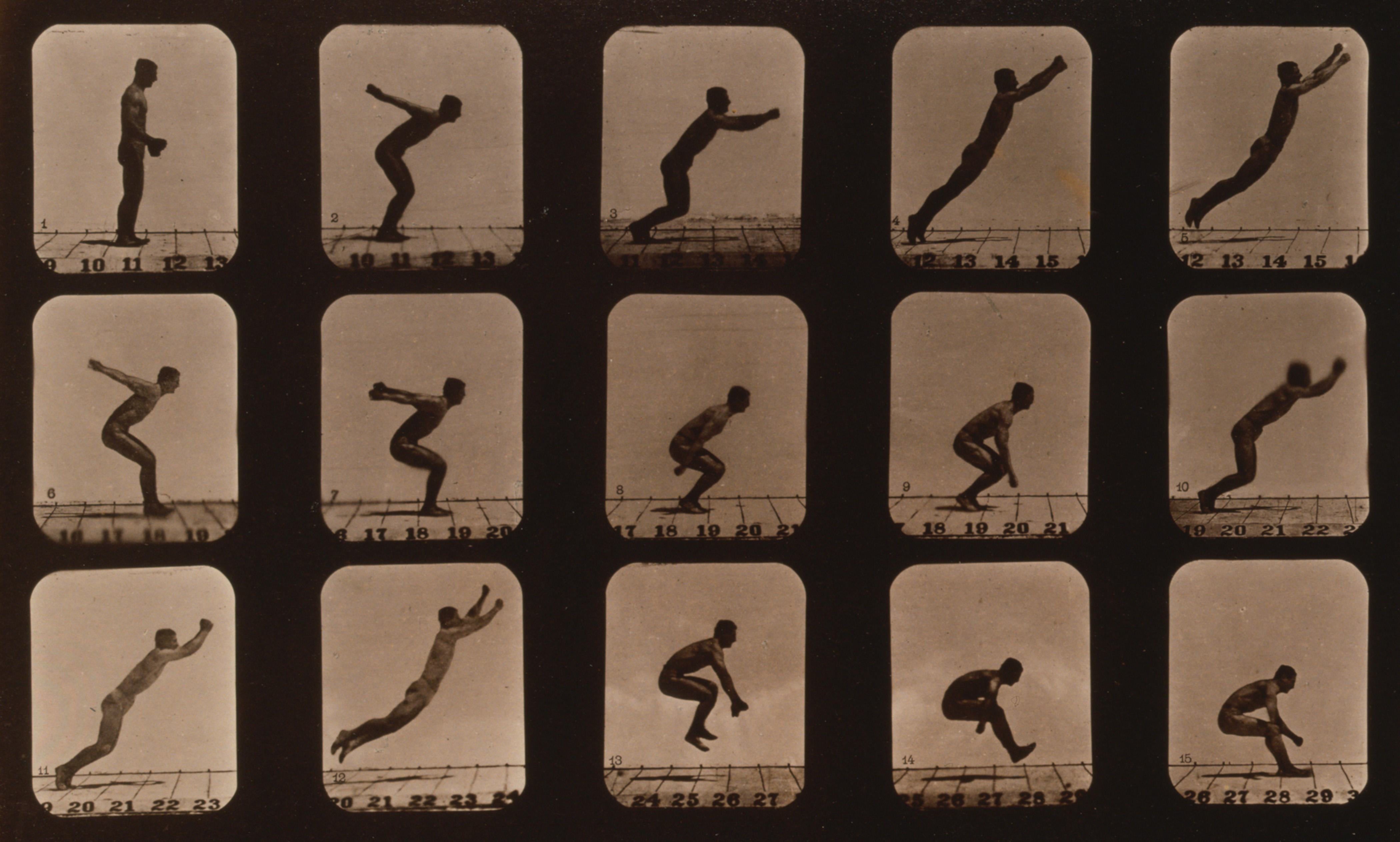
It’s not a comparison the author makes, but with his taste for women and adventure, high life and derring-do, Larkyns reminded me of another Harry, the fictional Flashman. His murder comes almost as an anti-climax.
We learn that Muybridge made no effort to exonerate himself, yet the jury acquitted him. Flora died and her child with Larkyns was raised in an orphanage. He became a car mechanic and died in the 1940s. Strange, brilliant, quirky and illuminating, books such as this remind us, if we need reminding, that books matter. Nothing else can take you away, take you back, take you to places you’ve never known, to meet people you would never meet. Only books roam wide. Without them, we are left with footnotes.
The Scoundrel Harry Larkyns, Rebecca Gowers (Weidenfeld & Nicolson, £20)

Jason Goodwin: 'Politicians need historians as much as kings need minstrels'
Jason Goodwin undertakes a family cycle ride along the Danube.
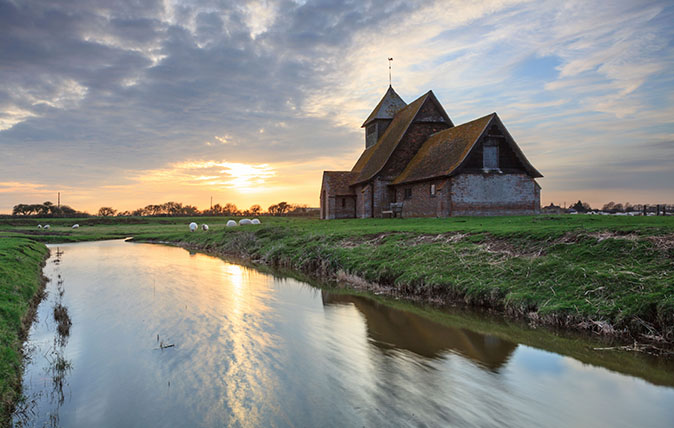
Jason Goodwin: 'On our watch, the natural glories of our island have been atrociously depleted'
Our columnist Jason Goodwin laments the staggering decline of British wildlife and the depletion of our island's natural glories.

Jason Goodwin: ‘The washing-up is being done by a hulking fellow who, moments ago it seems, knelt on a chair at the kitchen table’
Jason Goodwin looks at his nearly-fully-grown children and wonders how it all came to this. (In a good way.)jas
-
 Designer's Room: A solid oak French kitchen that's been cleverly engineered to last
Designer's Room: A solid oak French kitchen that's been cleverly engineered to lastKitchen and joinery specialist Artichoke had several clever tricks to deal with the fact that natural wood expands and contracts.
By Amelia Thorpe
-
 Chocolate eggs, bunnies and the Resurrection: Country Life Quiz of the Day, April 18, 2025
Chocolate eggs, bunnies and the Resurrection: Country Life Quiz of the Day, April 18, 2025Friday's quiz is an Easter special.
By James Fisher
-
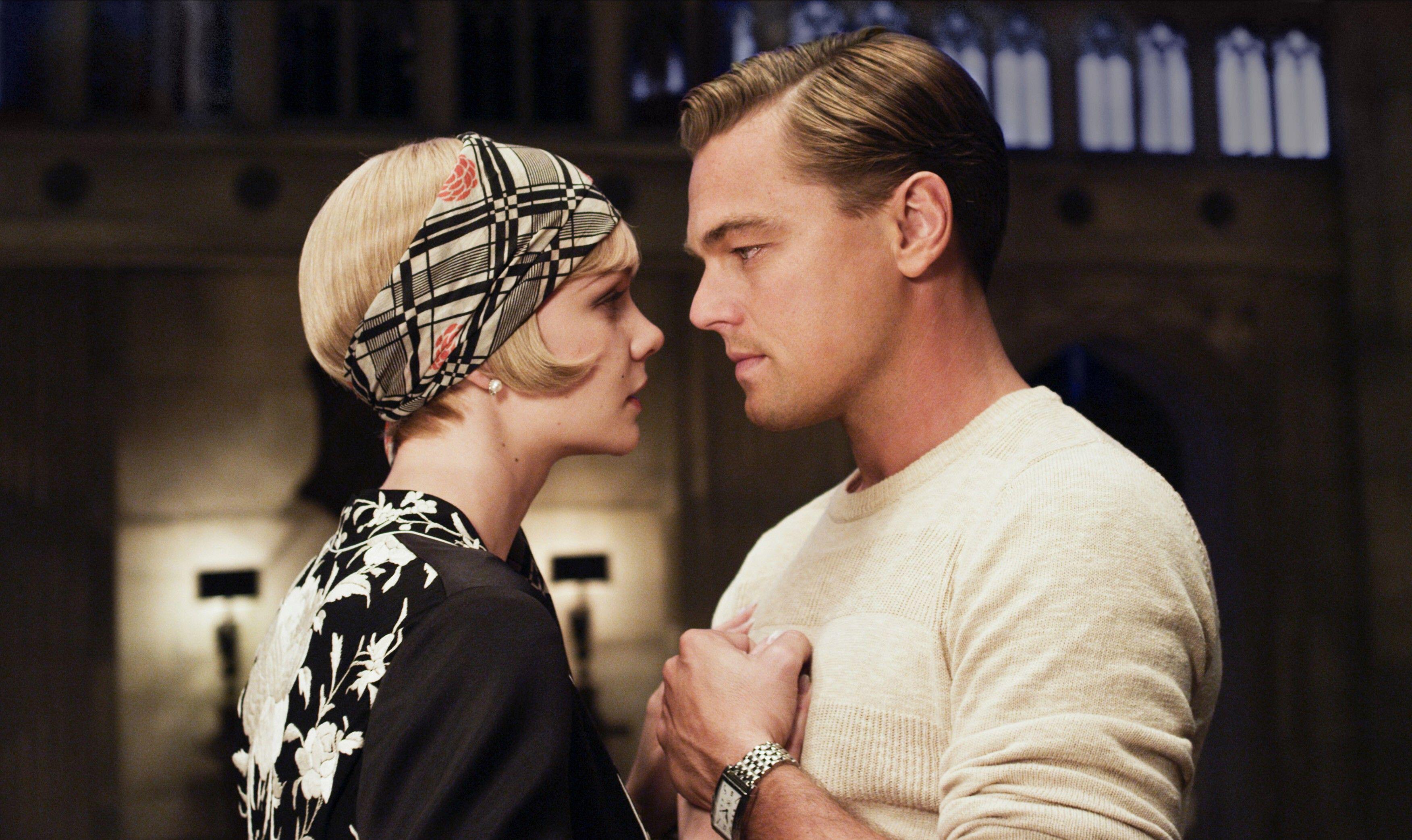 The five minute guide to 'The Great Gatsby', a century on from its publication
The five minute guide to 'The Great Gatsby', a century on from its publication'The Great Gatsby' sold poorly the year it was published, but, in the following century, it went on to become a cornerstone of world literature.
By Carla Passino
-
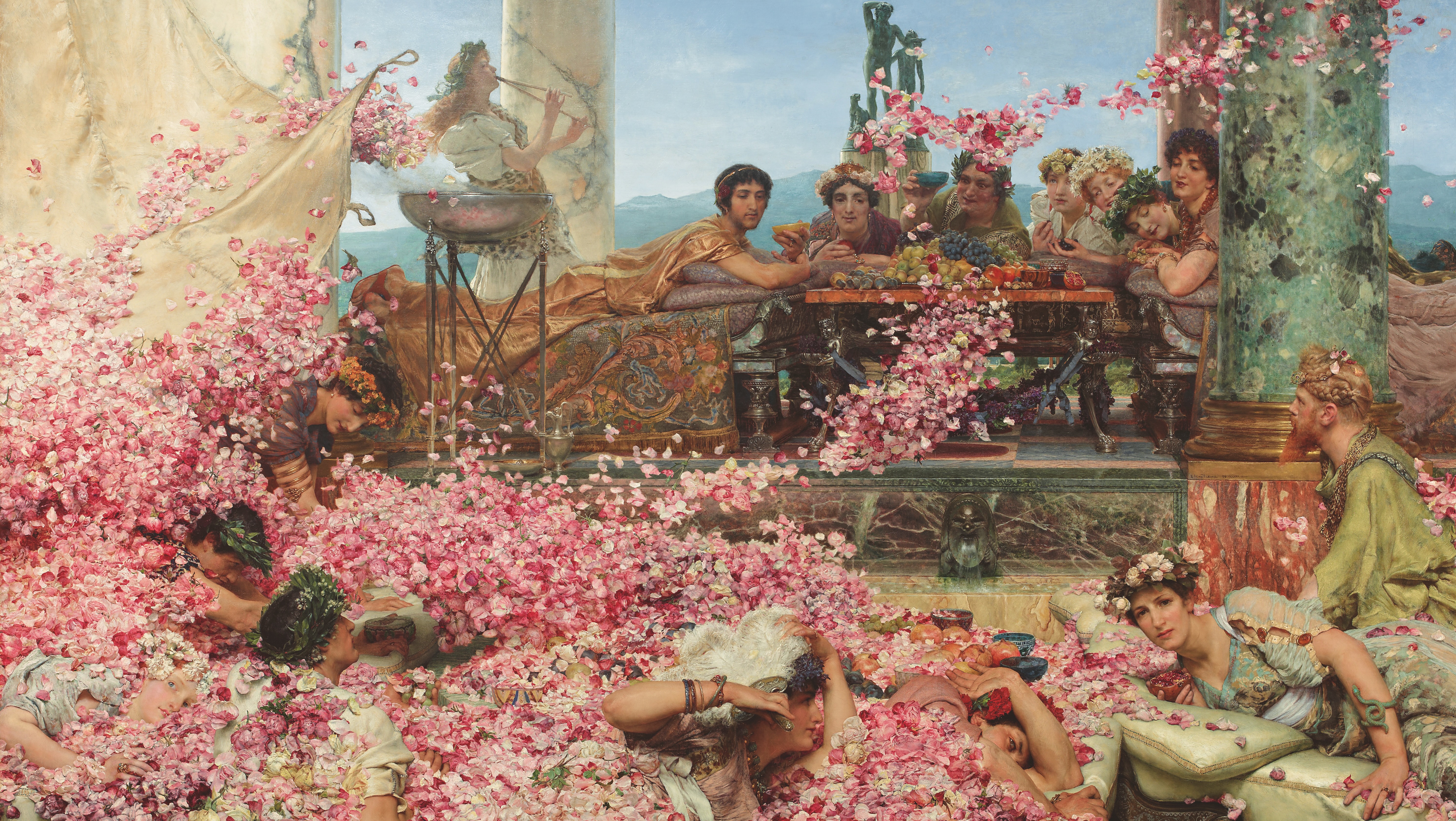 Love, sex and death: Our near-universal obsession with the rose
Love, sex and death: Our near-universal obsession with the roseNo flower is more entwined with myth, religion, politics and the human form than the humble rose — and now there's a new coffee table book celebrating them in all of their glory.
By Amy de la Haye
-
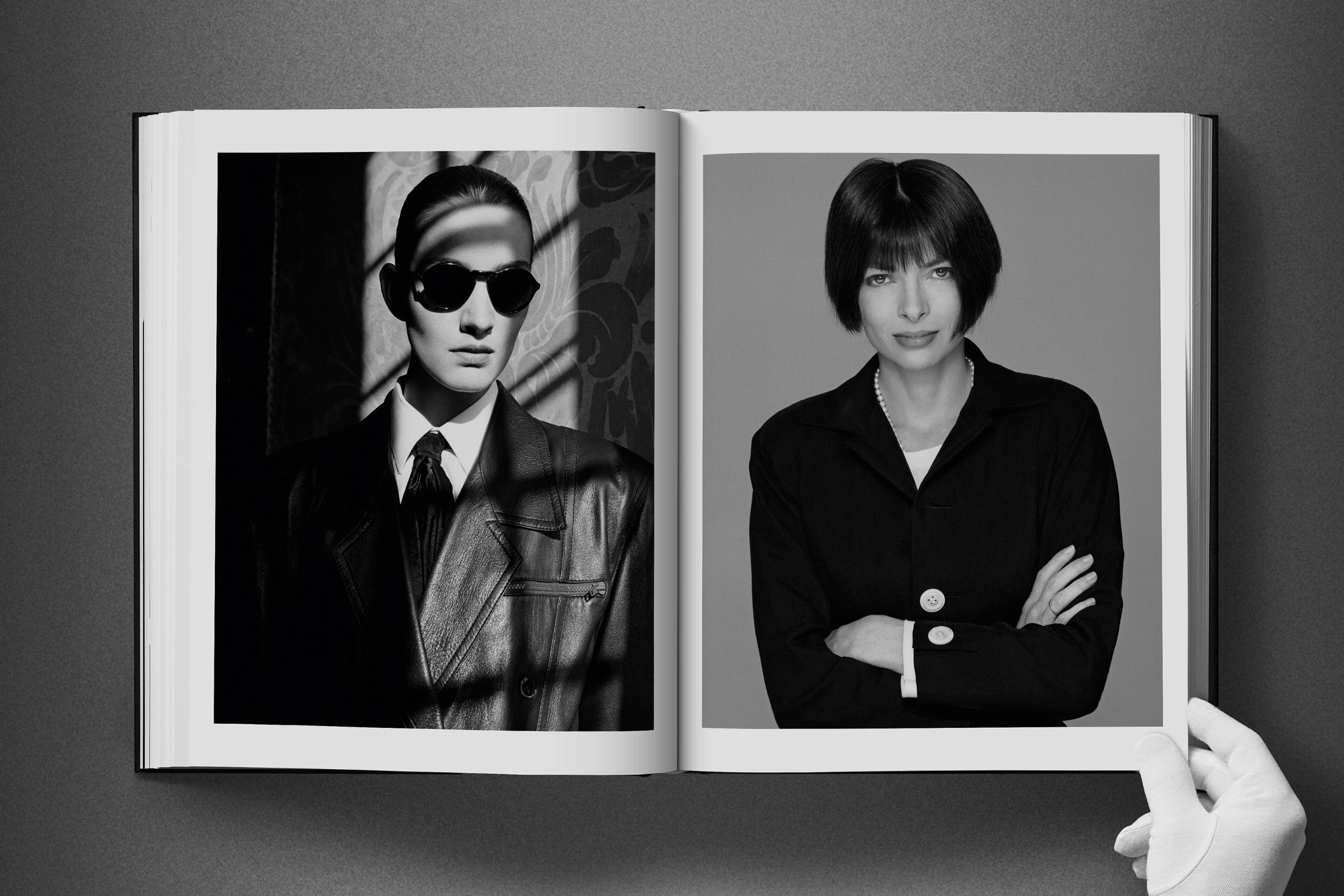 When London was beginning to establish itself as modern cultural powerhouse: The 1980s according to David Bailey
When London was beginning to establish itself as modern cultural powerhouse: The 1980s according to David BaileyIn his new book ‘Eighties Bailey’, ‘era-defining’ photographer David Bailey explores a time when London and the UK were at the centre of the fashion, art and publishing worlds.
By Richard MacKichan
-
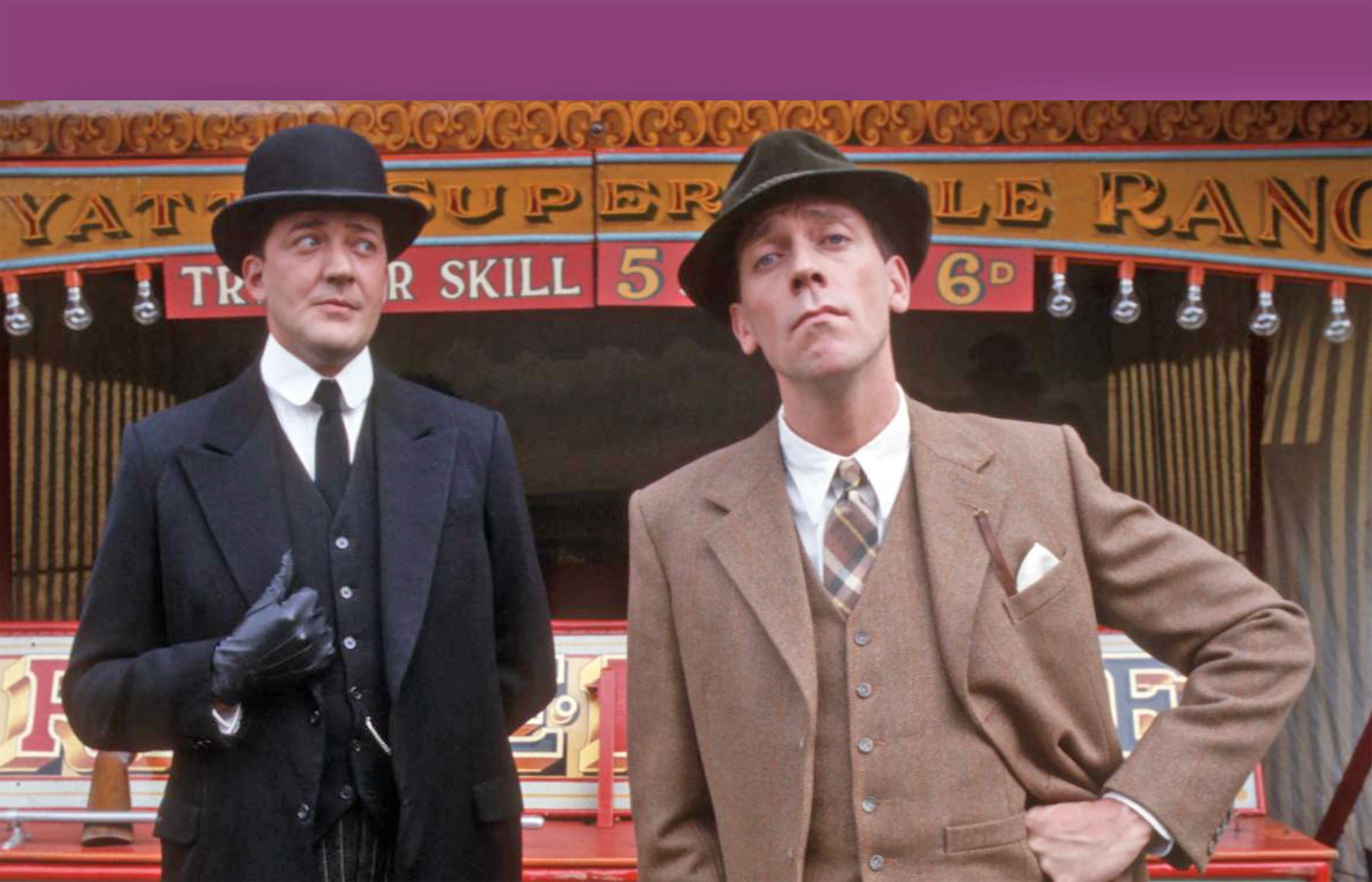 The life and times of P. G. Wodehouse, 50 years on from his death
The life and times of P. G. Wodehouse, 50 years on from his deathBertie Wooster, Jeeves, Lord Emsworth and the Blandings Castle set: P. G. Wodehouse’s creations made him one of the most widely read humorists of the 20th century, but he was denounced as a traitor and a Nazi.
By Roderick Easdale
-
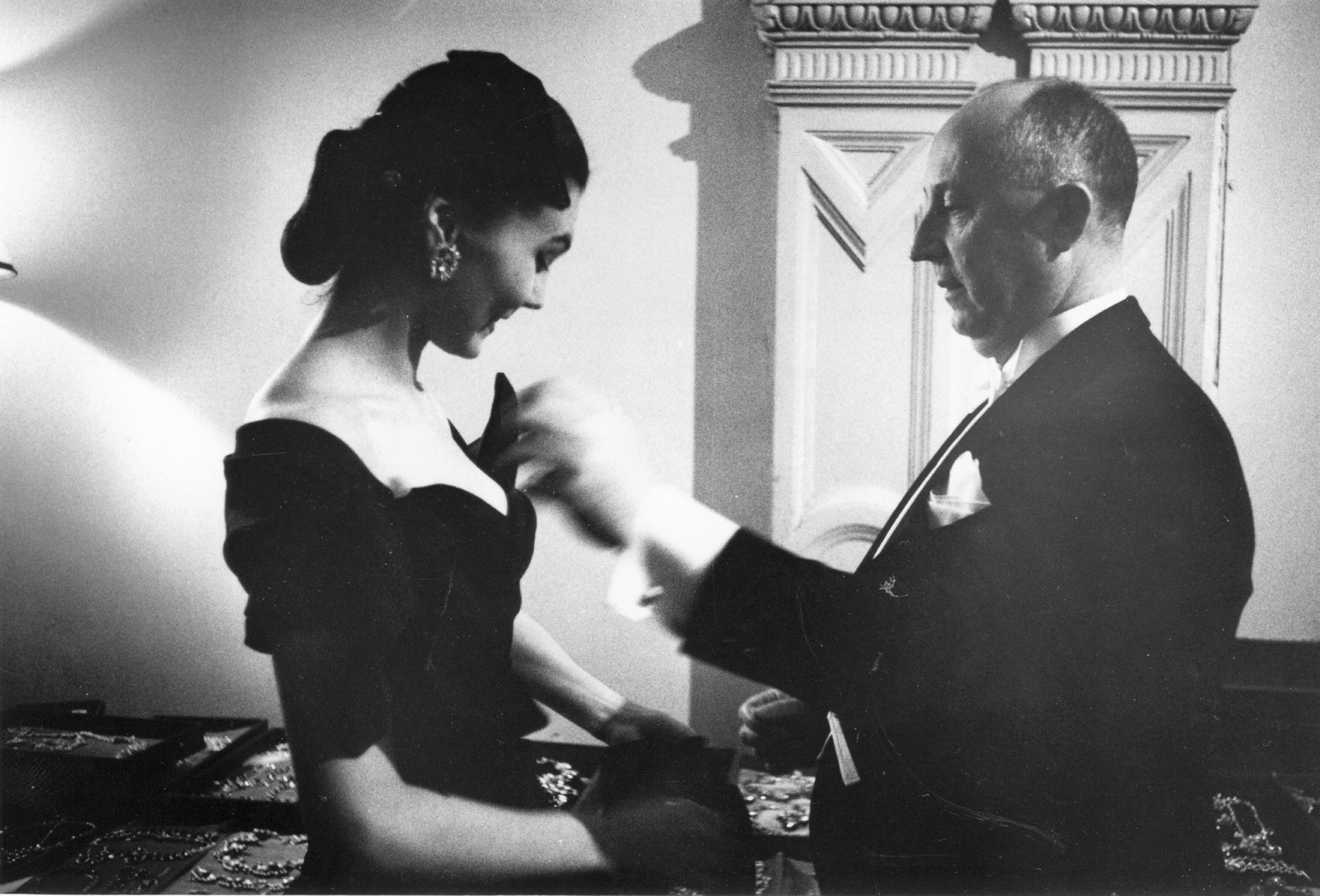 Country Life's top 10 arts stories of 2024
Country Life's top 10 arts stories of 2024From the artist killed on his first day in the war to a masterpiece once sold for £30, these were our most popular arts stories of 2024.
By Toby Keel
-
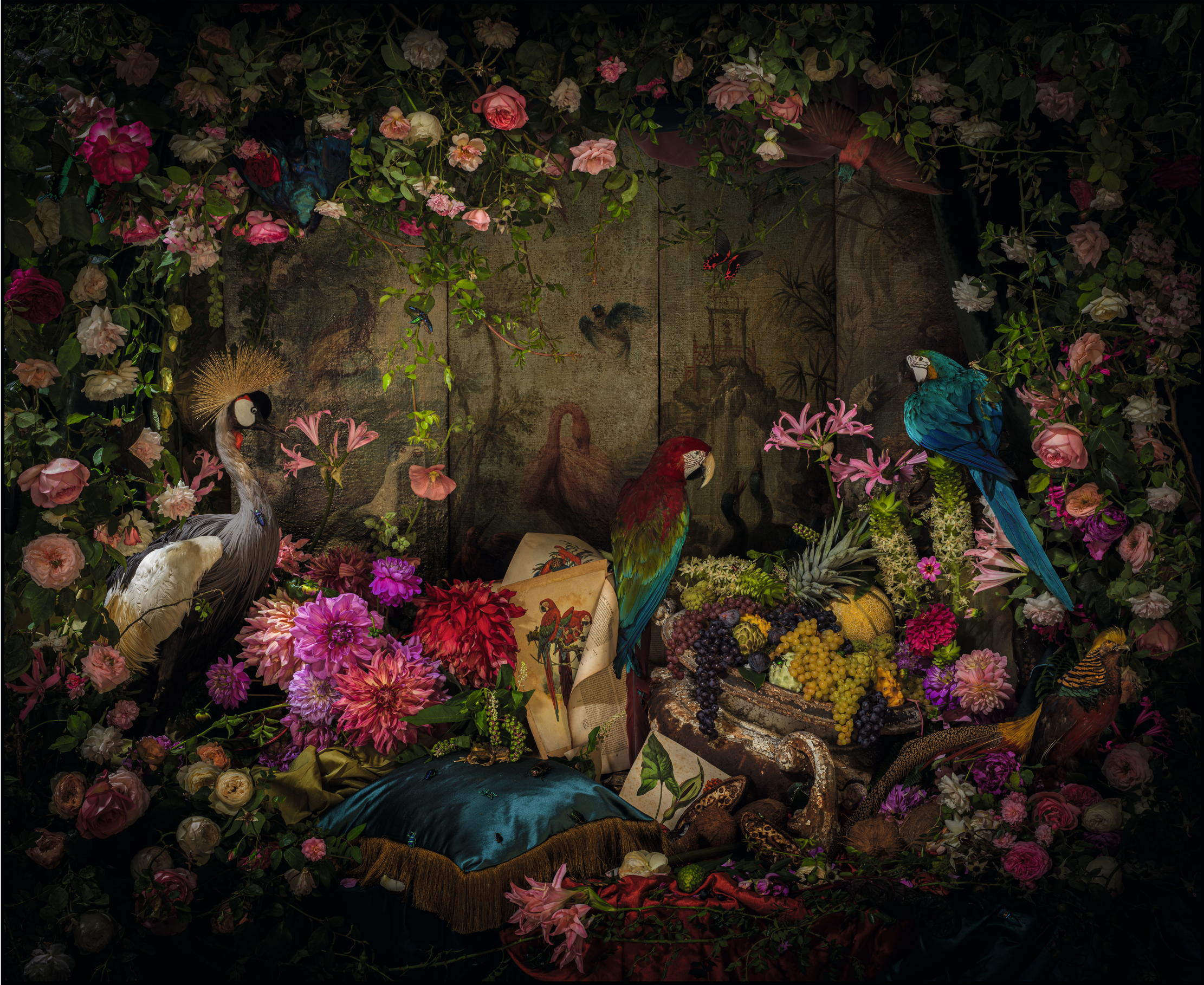 The grand master 'paintings' that are actually the most exquisite floral photographs you'll ever see
The grand master 'paintings' that are actually the most exquisite floral photographs you'll ever seeHarald Altmaier’s photographs of floral tableaux, as colossal in effort as in scale, recall 17th-century Dutch still lifes, but the inspiration behind them is far wider, as Carla Passino finds.
By Carla Passino
-
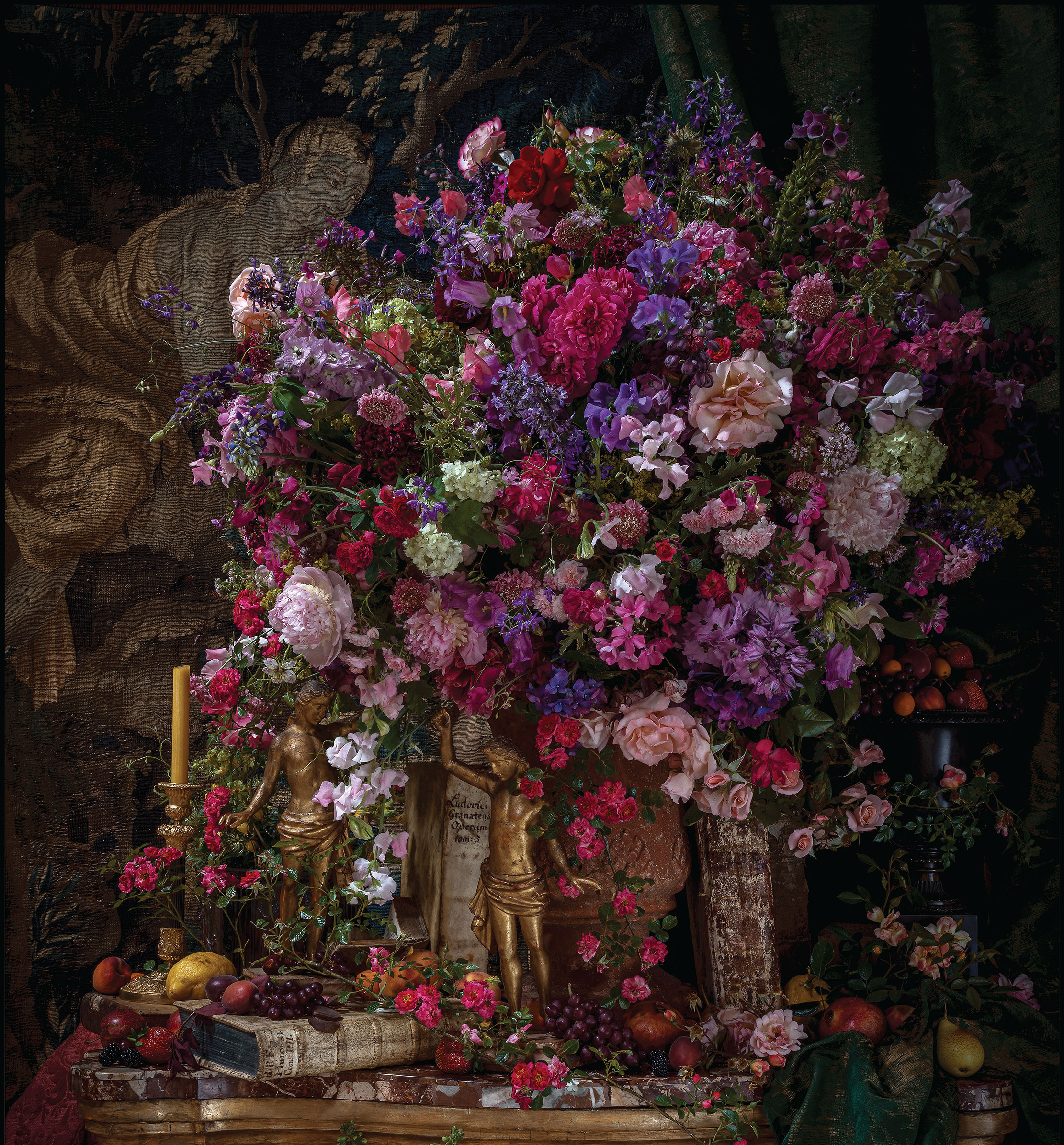 Dawn Chorus: The photographer-florist creating modern Grand Masters, plus Ashdown Forest and our Quiz of the Day
Dawn Chorus: The photographer-florist creating modern Grand Masters, plus Ashdown Forest and our Quiz of the DayA look at the work of Harald Altmaier, an unusual solution to an imaginary problem, and much more besides in today's Dawn Chorus.
By Toby Keel
-
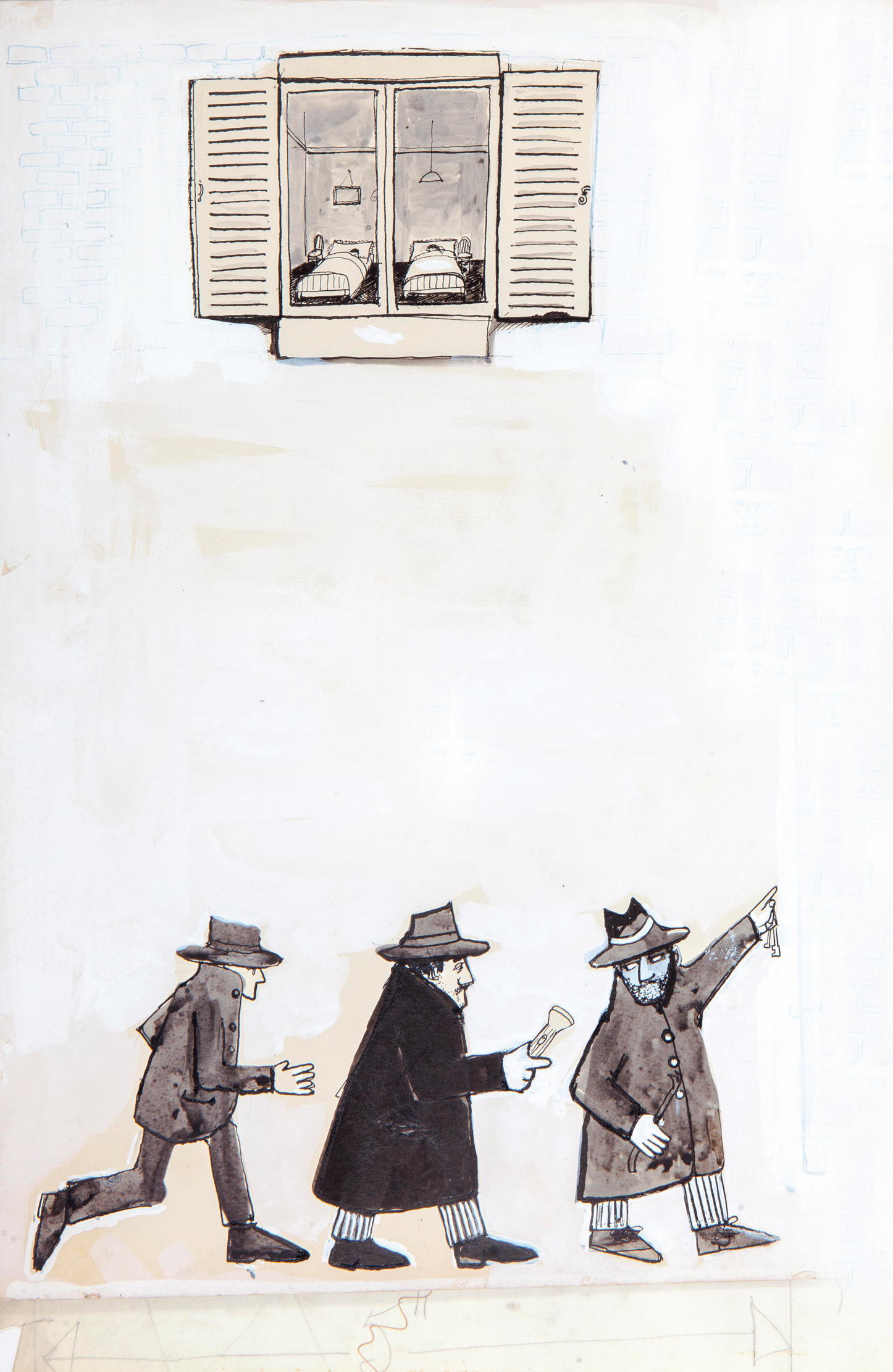 The story of how 007 creator Ian Fleming came to write Chitty-Chitty-Bang-Bang
The story of how 007 creator Ian Fleming came to write Chitty-Chitty-Bang-BangChitty-Chitty-Bang-Bang, our fine four-fendered friend, turns 60 on October 22nd. Mary Miers relives the adventures of the magical flying car and reveals the little-known story of its creation by Ian Fleming, as the writer turned his attention from the world of 007 to a children's tale.
By Mary Miers